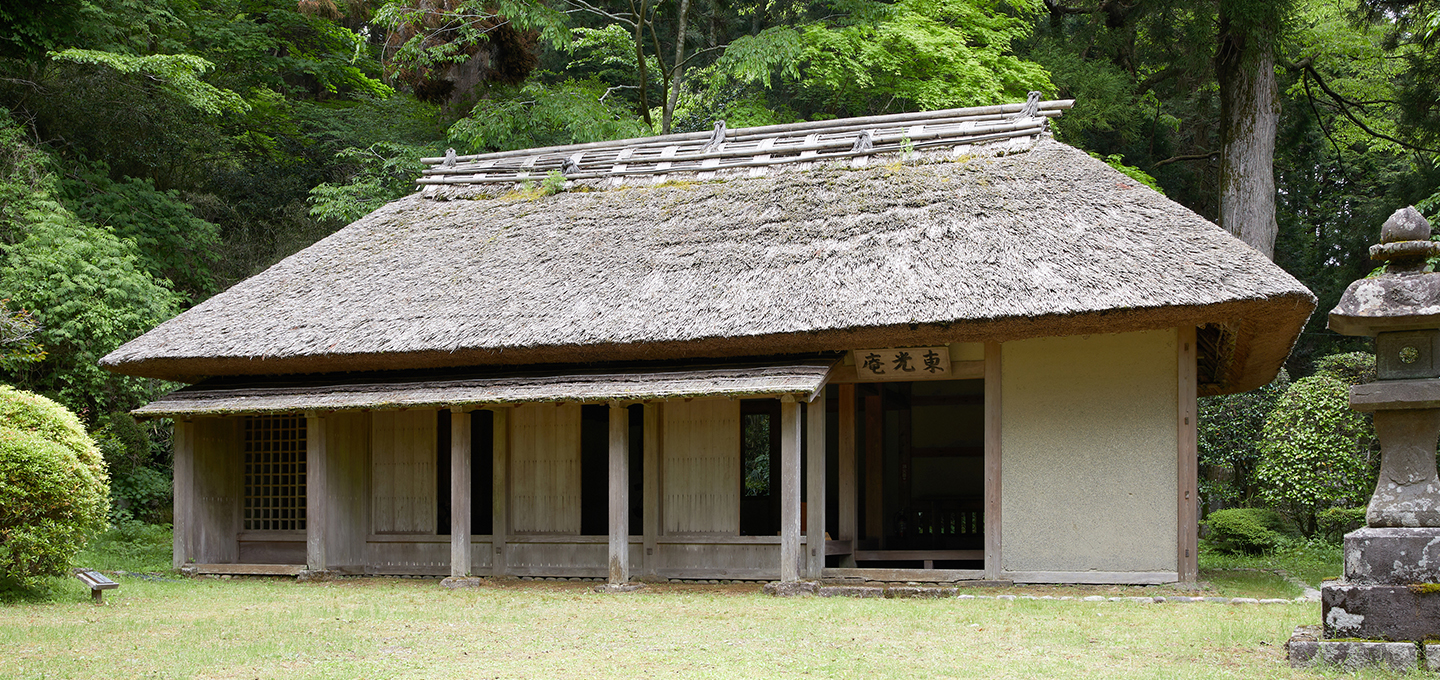
Special Experience
Hakone/Odawara
Zazen Meditation Guided by the Shakuhachi Flute at a Historic Hakone Site, with Tea and Wagashi Sweets
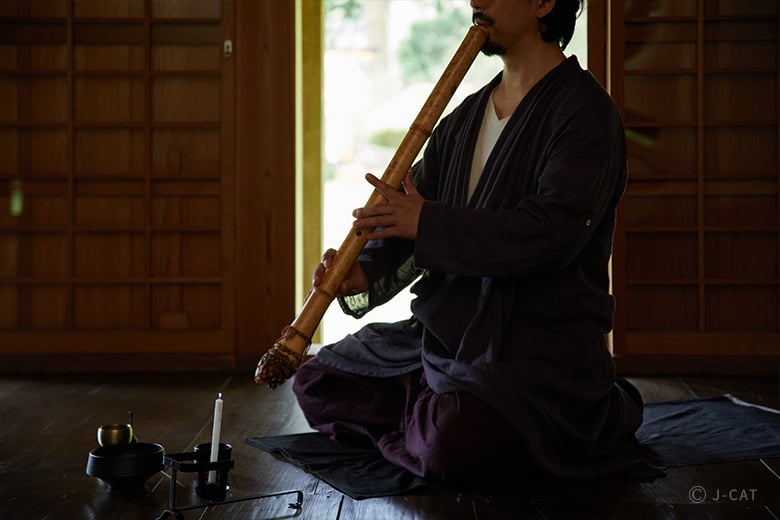
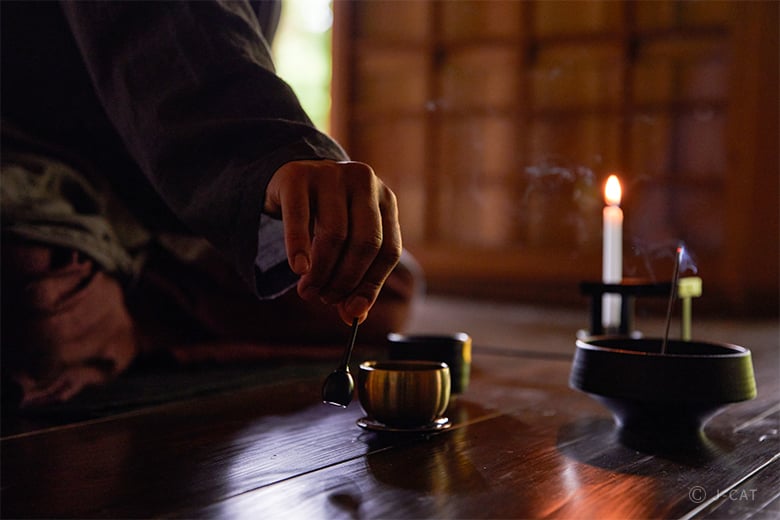
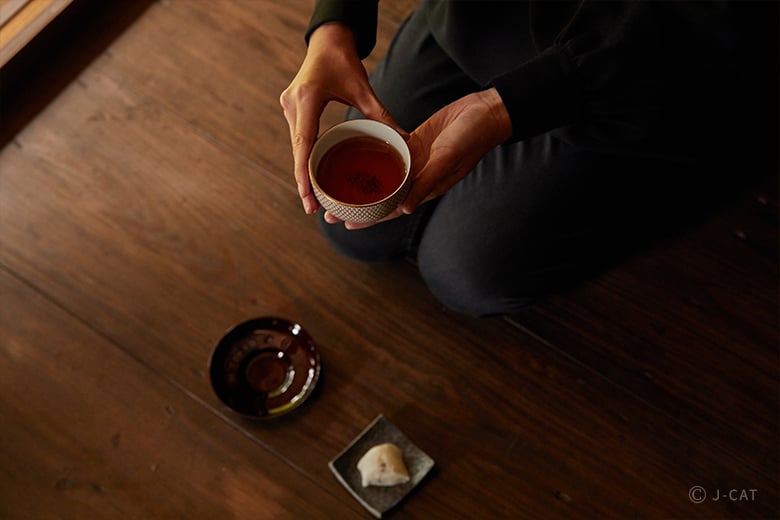
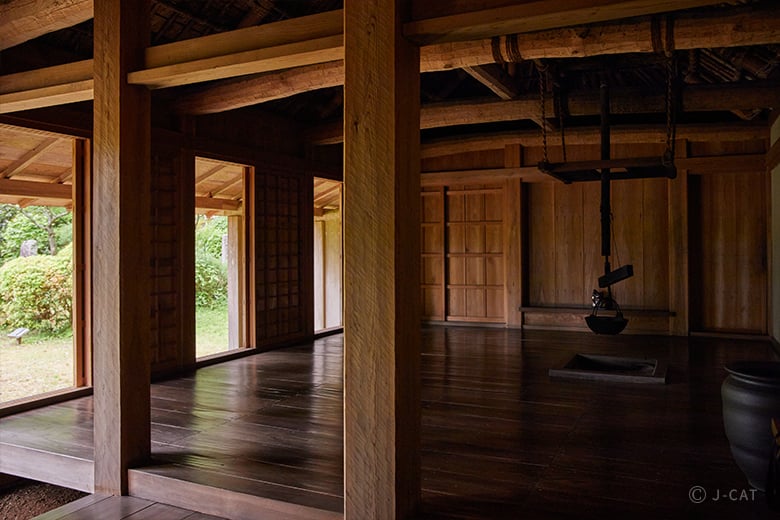
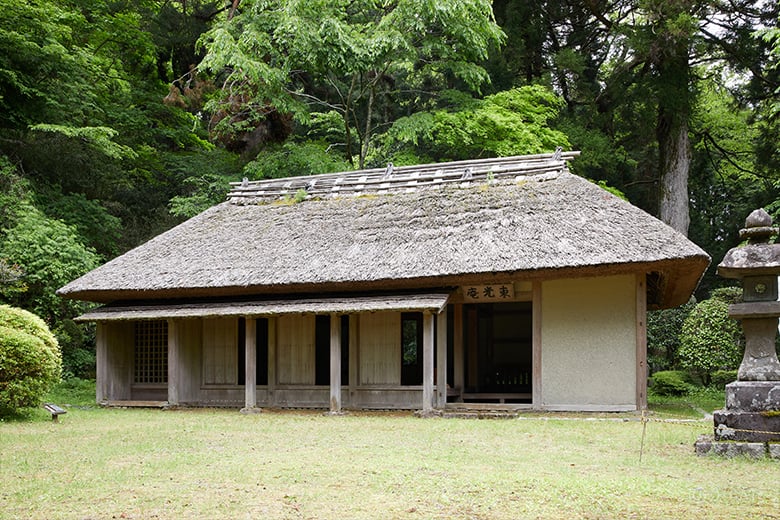
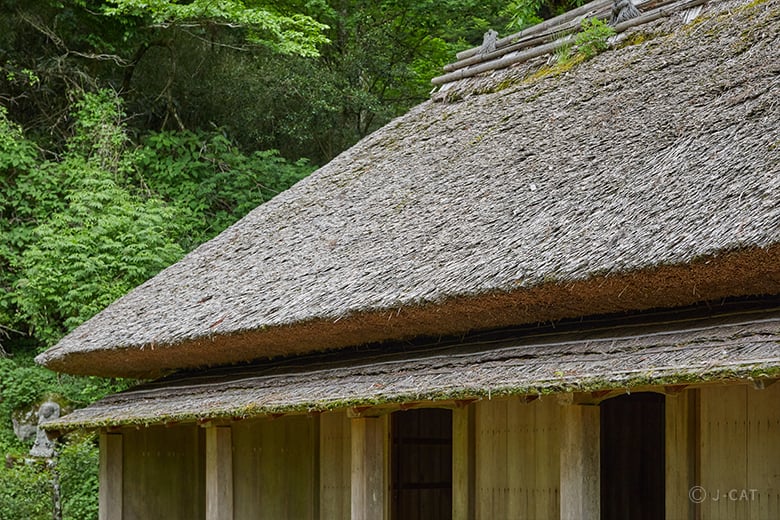
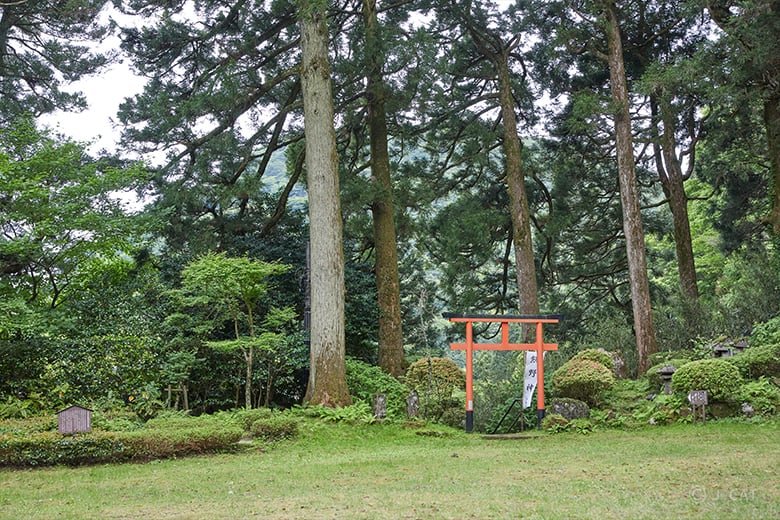
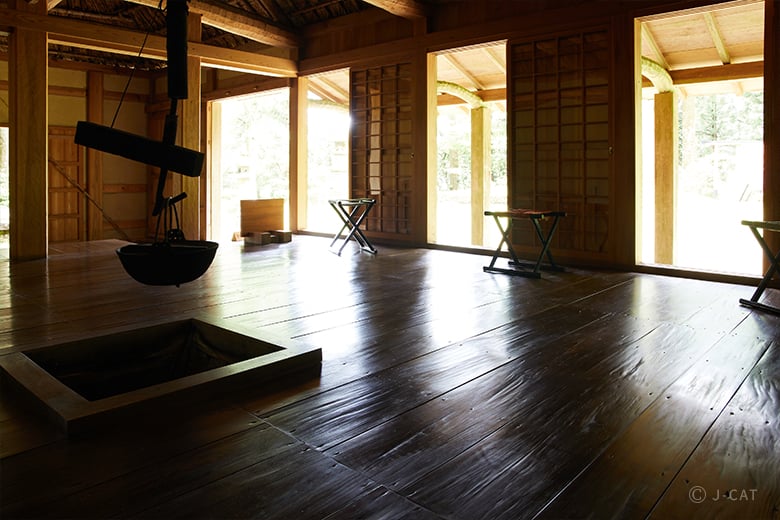
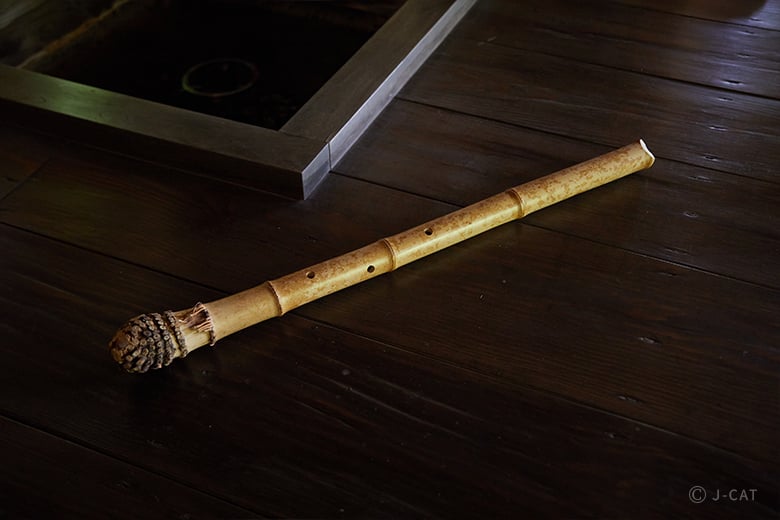
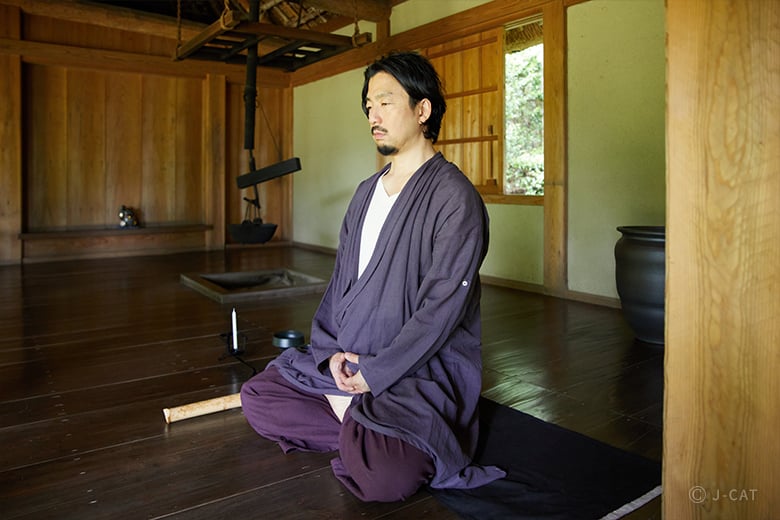
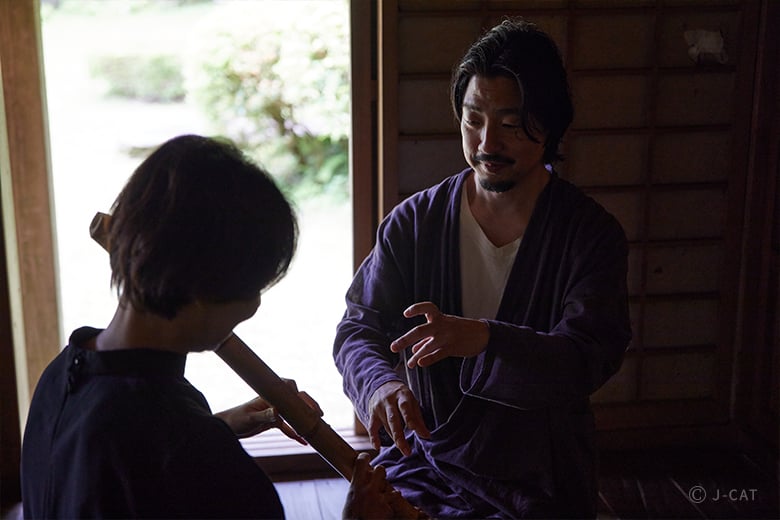
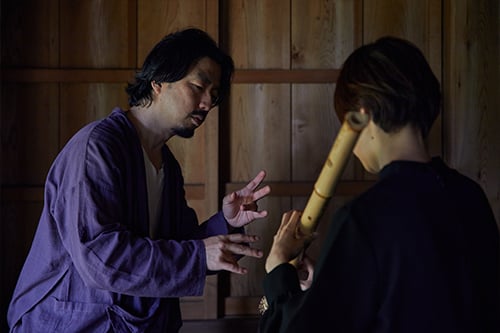
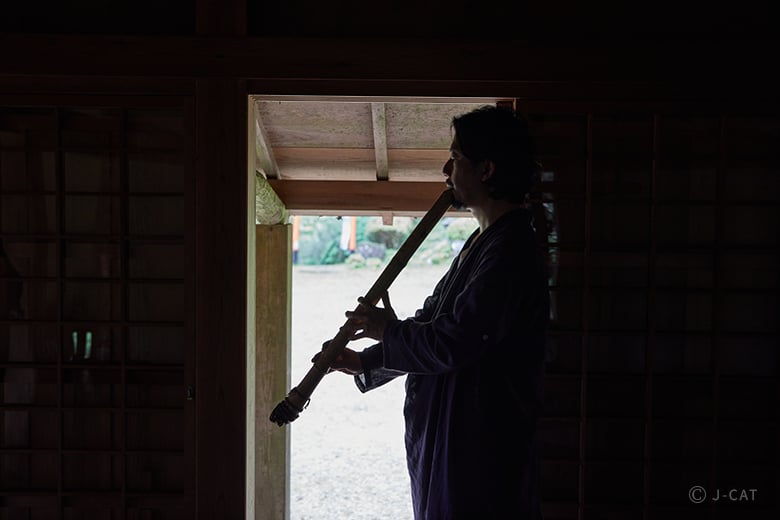
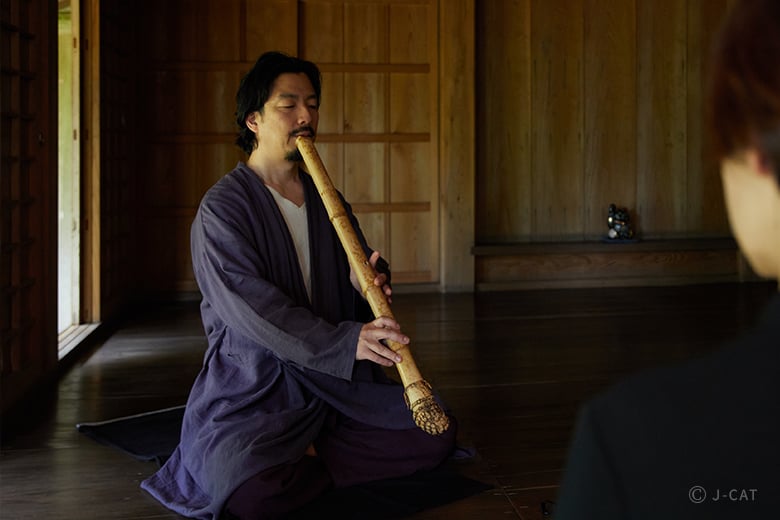
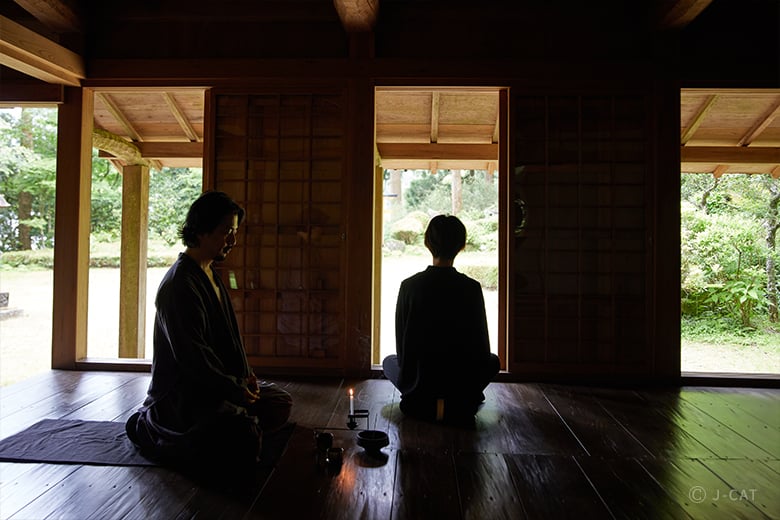
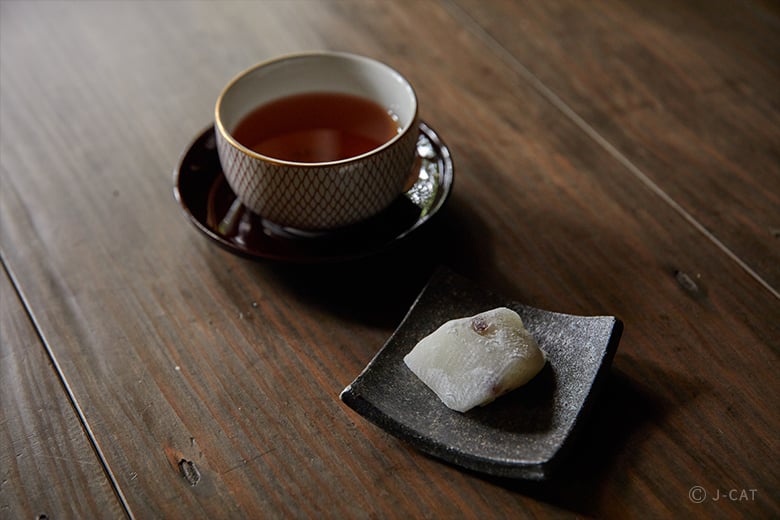
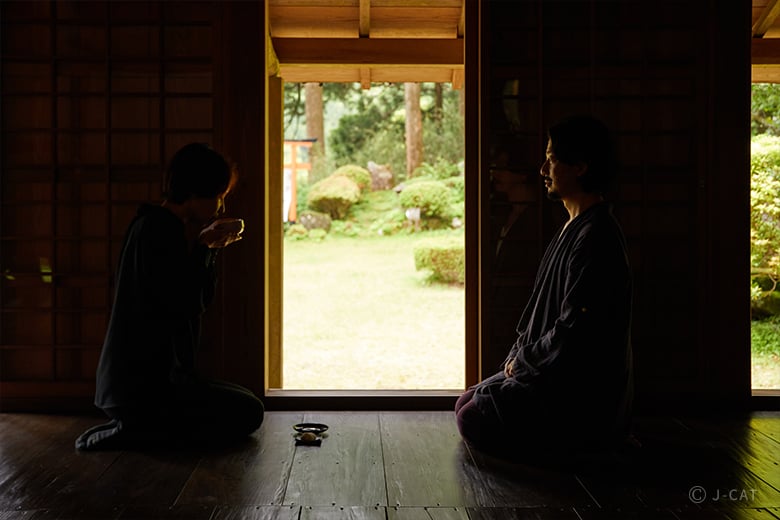
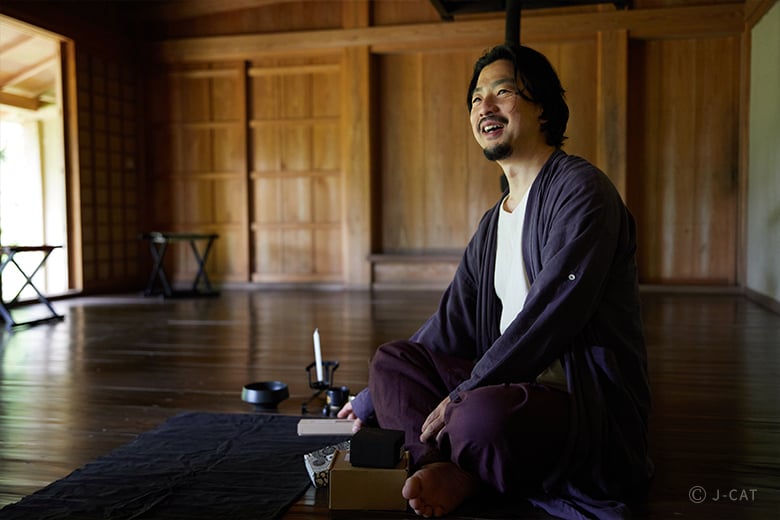
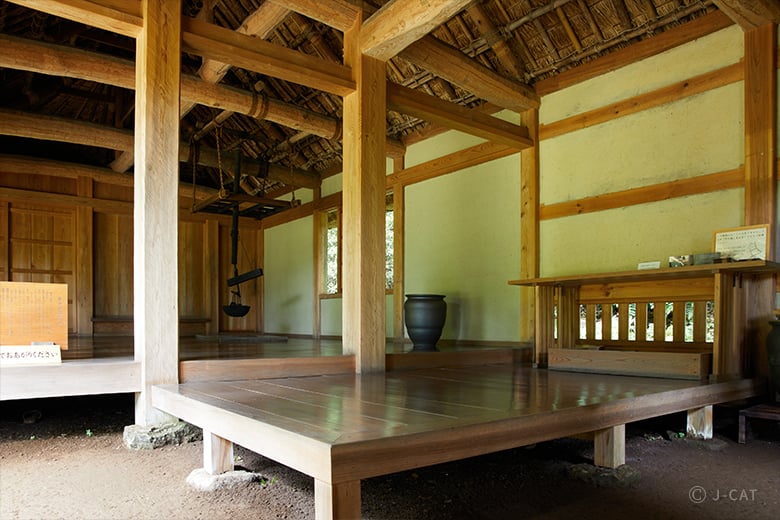
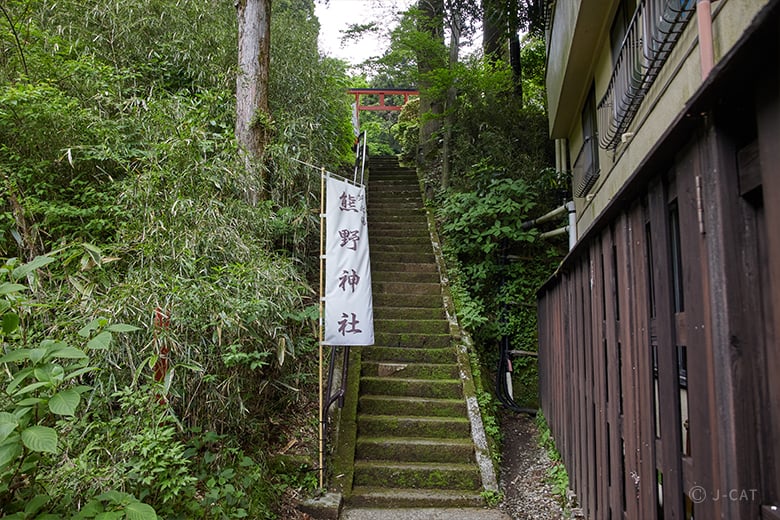
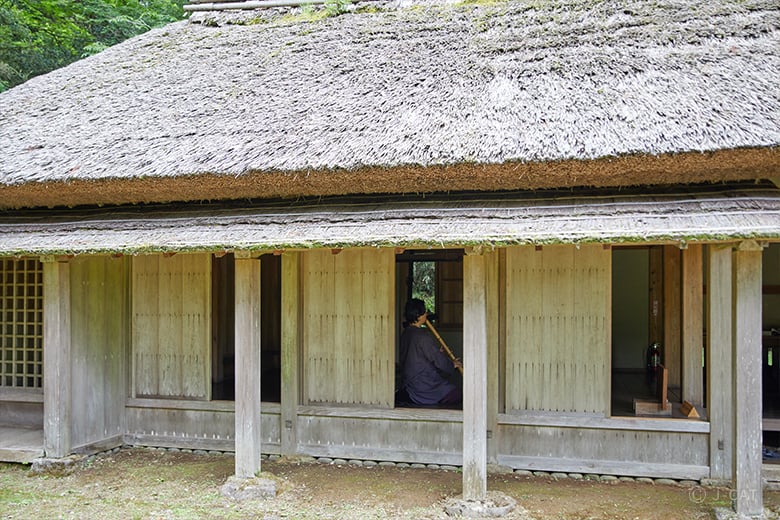





















Overview
Experience the traditional Japanese Zen practices of seated meditation (zazen) and shakuhachi flute meditation (suizen). Lenzan Kudo is your guide, a shakuhachi player whose work transcends borders between nations and musical genres. The venue for the experience is the historic retreat of Tokoan, ensconced in the secluded nature-rich Ashinoyu, Hakone, where scholars of ages past are said to have held gatherings between dips in the local hot spring. Here you can take in the sound of the shakuhachi bamboo flute as played by Lenzan, as well as try suizen, a form of ascetic Zen training performed with this instrument.
Key Features
・Luxuriate in the music of shakuhachi master Lenzan Kudo at Tokoan, not far from Hakone’s Ashinoyu hot spring
・Zazen seated meditation and suizen flute meditation immerse you in the worldview of Zen, release you from distraction, and allow you to better hear your own inner voice
・In the end, enjoy spending some time with Lenzan over tea and wagashi confections
Due to renovation work at the main venue, experiences from November 2025 to March 2026 will be held at an alternative location near Miyanoshita Station.
Please note that the venue will differ from the one shown in the photos on our website.
Details of the final venue will be provided in your confirmation email.
We appreciate your kind understanding that no price adjustments will be made in relation to this change.
Hakone/Odawara
90mins
from ¥30,000 /person
1 - 8 participants
Available in English
Cancel free up to 11 days prior
Details
A Breath of the Edo Period in Hakone’s Little-known Ashinoyu
A half-hour mountain bus ride from Hakone Yumoto Station finds you at the foot of Mount Komagatake, at the entrance of the Ashinoyu hot spring resort. This experience is located within the nearby Kumano Gongen Shrine in Ashinoyu, at the historic structure of Tokoan. It is said that literary figures of the Edo period (1603-1868) enjoyed visiting this area and holding tea gatherings and exchanging haiku poetry at Tokoan.

Tokoan is one with the natural landscape under its striking thatched roof
At this former hermitage built in harmony with its natural surroundings, shakuhachi player Lenzan Kudo works to spread the charms of this end-blown bamboo flute. Lenzan first discovered the instrument in elementary school when he found one lying unused in a closet at home, and quickly became obsessed with it. Honing his skill in earnest at university, he moved to the UK after graduating and performed on the BBC as well as performed in orchestras in Europe. In 2020, he collaborated with renowned composer, musician, and producer Ryuichi Sakamoto. While he continues to perform both classical and contemporary styles, he also strives to reach the general public with shakuhachi music.

Shakuhachi master Lenzan Kudo, who uses Tokoan as a base to perform and popularize suizen meditation
After calming your mind with the zazen meditation portion of this experience, you can experience suizen, a Zen ascetic practice centered around entering a meditative state through certain methods of concentrated shakuhachi playing – Lenzan’s life work. After you have enjoyed Lenzan’s live performance, enjoy a cup of tea with the musician.
The Joys of Leaving the Everyday Behind to Become One with Nature
This experience begins with the centering practice of zazen meditation. Zazen is a core ascetic practice of Zen Buddhism which centers on sitting in a fixed position and posture while freeing the mind of all thought. Practicing it in nature is deeply calming, as you let go of the thoughts that tug your mind this way and that. Tokoan is a secluded place without electricity, gas, or water, making it a perfect venue to face yourself without distraction.

Tokoan is ensconced in rolling foliage, with the sounds of birds carried in by refreshing mountain breezes
Tokoan also provides the enjoyment of beautiful seasonal scenery. Each season comes through clearly in such a natural environment, such as the sound of summer’s chirping cicadas or the gorgeous russet hues of autumn. Winter brings temperatures of negative 5 degrees Celsius – but also no shortage of visitors who wish to meditate and see in the New Year with a mind renewed. Breathe deep with closed eyes and take in wondrous nature.

Seated zazen meditation sharpens the senses and presence of your surroundings, from the feel of the wind on your cheeks to the sound of rustling cloth
The Sounds of the Shakuhachi in Nature
Zazen is followed by suizen, which is so much less known to lay people that even those familiar with the former may be hearing about it for the first time here. Similar in spirit and objective to zazen, “It is the art of playing the shakuhachi without any conscious thought,” says Lenzan, “and it requires daily practice.”

Lenzan harvests his own bamboo from groves and makes his instruments himself
The shakuhachi itself was introduced to Japan from China sometime between the mid 6th century and the early 8th. The early prototype of its modern form was played by monks of the Edo period (1603-1868). Lenzan’s jinashi-shakuhachi is a type with a very simple structure, featuring a mouthpiece carved at the top of the tube, four holes on the front, one on the back, and nothing more. “It’s a delicate instrument,” says Lenzan, “with a sound that reflects the player’s mental and physical state.”

Luxuriating in the gentle, subdued tones of the shakuhachi
You can delight in the sound of Lenzan’s shakuhachi as it mingles with the chirping of birds and the rustling of leaves. The simple timbre embodies the warmth of its wood, often described as having a range that can be as quiet as an insect or send powerful vibrations through the air at surprisingly long distances. Its tones transcend the familiar framework of music, for an otherworldly experience that is felt deep down in the body.

It can be difficult to produce sounds with such a simple instrument, though those who wish to learn can do so with Lenzan’s guidance
As an option, try playing the shakuhachi with Lenzan. He will provide attentive guidance on how to breathe, blow, and hold the instrument.
Communing over Tea
When zazen and suizen have finished, enjoy sitting down to a tea break with Lenzan. Sarei is the Zen Buddhist ritual of tea drinking, said to be the prototype of tea ceremony. Monks gather for this ritual several times a day, such as after their morning meditation or before sleep.

Warm hojicha roasted green tea and gently sweet wagashi confectionery soothe the soul (specific tea and confectionery subject to change)
The delicious tea and confection come through the senses all the more richly after the mind-clearing effects of zazen and suizen. Part of the joy of this experience is the delightful conversation with the personable and kind Lenzan, and the opportunity to ask him all about his story as a performer and an enthusiast of the shakuhachi who found his calling in it.

Drinking the same tea every day at the same time is traditionally considered a form of Zen training
“I recommend stopping by the hot spring after the experience,” says Lenzan. Tokoan is near Kinokuniya Ryokan, a day-trip hot spring destination established some 3 centuries ago. Its natural sulfur springs bubbling up from the depths of the earth have long been loved for their beautifying effects on the skin.
Coming Face to Face With the Self in the Shakuhachi’s Resonance
The shakuhachi is an instrument capable of widely varying its timbre even in a single breath. “The secret here is to begin in silence, moving next into a dissonant tone, then a harmonious tone, and then finally a tone that melts away into the surroundings altogether, returning to silence. Like life, like all things, there is a beginning and an end, and they are the same.”

The ethereal sound of the shakuhachi is even more powerful in this gorgeous natural setting
Consciousness sharpens and focuses in a place like Tokoan, surrounded by lush nature and bathing in the quiet notes of the shakuhachi – and there is no better setting to face yourself in tranquility.
Lenzan Kudo / Tokoan Kumano Gongen

Lenzan Kudo / Tokoan Kumano Gongen
Lenzan Kudo, Shakuhachi Player
Lenzan began mastery of the shakuhachi at Tokyo University of the Arts after first getting hooked on the instrument playing it casually in elementary school. After graduating, he moved to the UK and gained a variety of performance experience across Europe. Today he plays the instrument without genre restraints, and has made the ascetic practice of suizen his life’s work, seeking to convey the spirit of Zen through music.
Tokoan Kumano Gongen
A rustic structure within the Kumano Gongen Shrine, in Hakone’s Ashinoyu. Literary figures and artists of ages past are said to have gathered here for rest, poetry, and tea parties while visiting the local hot springs. In 1882 the original structure was demolished, but in 2001 it was restored as a designated historic site by the town of Hakone.
Location
Tokoan Kumanogongen Kyuseki
Ashigarashimo District, Kanagawa
Request for booking
Select first preferred date (JST)
February 2026
Sun
Mon
Tue
Wed
Thu
Fri
Sat
Instant Booking
Request Booking

17
Full

17
Unavailable
- Instant Booking: Your reservation is confirmed immediately upon payment.
- Request Booking: You will receive confirmation after the host reviews your request.
Hakone/Odawara
90mins
from ¥30,000 /person
1 - 8 participants
Available in English
Cancel free up to 11 days prior
Things to know
Contact Us
If you have any questions, please contact us using the form below.
We also accept bookings from corporate clients and travel agencies.